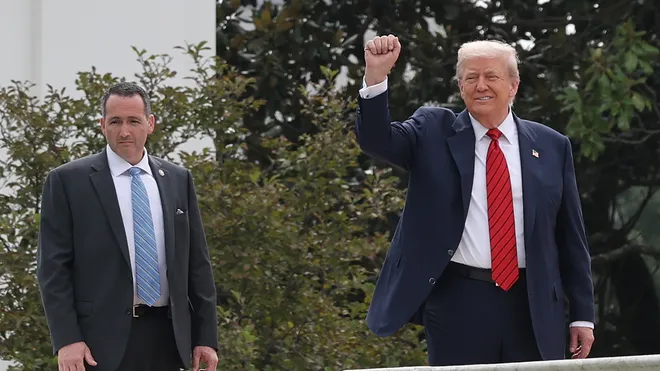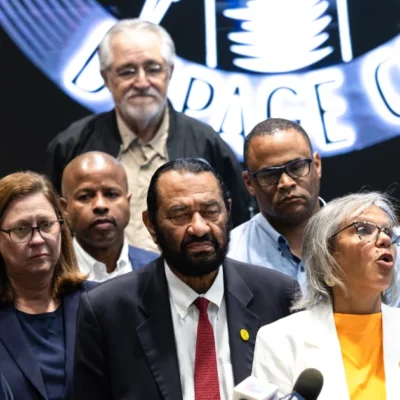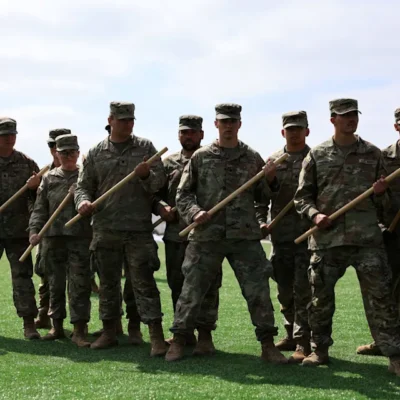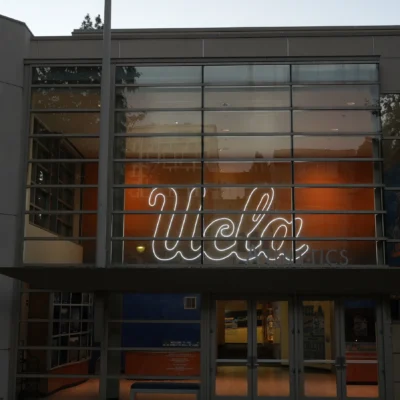When we talk about U.S. presidents, we often focus on their laws, economic impact, foreign policies, or landmark achievements. But Donald Trump’s time in the White House is different. His presidency was not just about politics or policy—it was a cultural moment that reshaped how Americans engage with power, truth, and the media.
In this article, we explore Trump’s White House legacy, which goes far beyond his administration’s actions. Instead, his most lasting impact may be the way he transformed the presidency itself, turning it into a 24/7 spectacle—one where public opinion, social media, and entertainment culture mattered as much, if not more, than political tradition or government process.
The Era of Constant Attention
Trump’s White House legacy is largely defined by how he kept public attention locked on him. No other president dominated headlines, social feeds, and conversations the way Trump did. Whether it was through controversial tweets, bold statements at press briefings, or rally speeches that felt more like entertainment than governance, Trump made sure he stayed in the spotlight.
This wasn’t accidental—it was his strategy. Trump understood that in the modern era, controlling the media narrative meant controlling public opinion. He turned every issue, big or small, into a stage for performance. This constant presence changed what Americans expected from a president.
The President as a Brand
Unlike presidents before him, Donald Trump entered office with a well-known personal brand. He was not just a politician—he was a businessman, a reality TV star, and a celebrity. He didn’t change who he was to become president. Instead, he brought his persona to the White House.
Trump’s White House legacy includes turning the presidency into a branded identity. MAGA (Make America Great Again) became more than a slogan—it became a movement, a fashion statement, and even a dividing line between political tribes. His name was used as a badge of honor by supporters and a symbol of resistance by critics.
This branding strategy made politics feel personal. Trump wasn’t just the head of a party; to his followers, he was a symbol of identity, pride, and rebellion. To his critics, he was a symbol of everything they feared. Either way, he dominated the cultural conversation.
Social Media as a Presidential Tool
Perhaps nothing shows Trump’s White House legacy more than how he used Twitter. Before Trump, presidents used social media in measured, official ways. Trump broke that mold. His Twitter account was raw, emotional, unfiltered—and often unpredictable.
He used social media to announce policies, insult opponents, praise supporters, and rally his base. This direct line to millions of Americans gave him power outside traditional media channels. He could speak without being edited or fact-checked in real-time.
But this came with downsides. Misinformation, conspiracy theories, and personal attacks were all part of the mix. And after the January 6 Capitol riot, Trump was permanently banned from major platforms—an event that raised serious questions about the balance between free speech and public safety.
Still, the precedent was set. Today, political figures understand that social media is not just a tool—it’s a battlefield. And Trump was its first true warrior-president.
Truth, Trust, and “Fake News”
One of the most controversial parts of Trump’s White House legacy is the way he challenged truth itself. Trump frequently dismissed news he didn’t like as “fake news.” This phrase caught on quickly, creating deep distrust between the public and the media.
His critics saw this as dangerous—it weakened confidence in journalism, science, and facts. His supporters, on the other hand, felt empowered. They believed they were finally hearing the “truth” that the mainstream media had hidden.
This shift in how people interpret truth has had lasting effects. More Americans now believe in conspiracy theories. Fewer trust traditional news sources. And political debates are no longer just about policy—they’re about what facts are real and which ones are not.
Trump didn’t invent political spin or media criticism, but he turned it into a central part of presidential communication. And in doing so, he reshaped the way Americans view the truth.
Presidency as a Reality Show

If there’s one metaphor that fits Trump’s White House legacy, it’s that of a reality show. His presidency had all the elements of entertainment—conflict, surprise, drama, and cliffhangers.
- Cabinet members were fired on Twitter
- Daily press briefings became must-watch events
- Political rivals were given nicknames
- Every news cycle was unpredictable
This approach brought millions into political discussions who may have never followed politics before. But it also came with chaos. Governing by drama may keep people watching, but it doesn’t always build trust or stability.
Still, the effect was clear: Trump changed the job. Presidents after him will always be compared not just on their policies—but on how much attention they can command.
Division as a Driving Force
No discussion of Trump’s White House legacy is complete without talking about division. His presidency amplified the cultural, racial, and political divisions already present in the U.S. Whether it was immigration, COVID-19 policies, or racial justice protests, Trump often took strong stances that fired up his base and enraged his opponents.
This division wasn’t always accidental. Trump often benefited from it. A divided public is easier to rally into “us vs. them” thinking—and that mindset helped keep his support base fiercely loyal.
But the cost was high. Trust in institutions dropped. Friendships and families were strained by political disagreements. And the U.S. Capitol was stormed by citizens who believed Trump’s false claims about the election being stolen—an act that will forever mark his time in office.
The Populist Shift in American Politics
Another key part of Trump’s White House legacy is the rise of populism. Trump gave voice to many Americans who felt ignored by the political elite. He focused on working-class voters, especially in rural areas and former industrial towns.
He spoke simply, used emotional language, and made big promises. He positioned himself as an outsider fighting against a corrupt system—despite being a billionaire.
This approach reshaped the Republican Party. Many leaders now echo his tone and style. Even some Democrats have adjusted how they connect with everyday voters. Trump showed that authenticity and relatability—real or performed—can sometimes matter more than experience or qualifications.
Lasting Impact on Global Politics
Beyond America, Trump’s White House legacy also affected how world leaders engage with power. His “America First” policy changed U.S. relations with allies and enemies alike. He pulled the U.S. out of international agreements, challenged global institutions, and praised authoritarian leaders.
While some applauded his strong stance on foreign trade and border security, others worried it weakened global cooperation. Many countries began to rethink how much they could rely on the U.S. as a partner.
This global uncertainty has led to a rise in nationalism in other countries, inspired in part by Trump’s success. His presidency showed that political outsiders with bold rhetoric could win big—and that lesson hasn’t been lost on the rest of the world.
What Comes After Trump?
Whether you loved or hated him, Trump’s White House legacy is impossible to ignore. He redefined the presidency in ways that will echo for years—maybe decades. Future presidents will be shaped by the way he used media, controlled attention, and connected with voters.
He didn’t leave behind a signature law like the Affordable Care Act or a foreign policy agreement like the Iran deal. But he did leave behind a new playbook for power—one that blends branding, emotion, and constant communication.
And perhaps most importantly, Trump showed that the line between politics and culture is thinner than ever. In today’s world, being president isn’t just about leading a country. It’s also about leading a conversation.
Conclusion: A Legacy Beyond Policy
Donald Trump may have passed hundreds of executive orders, nominated judges, and set economic policies. But those may not be what history remembers most. Instead, Trump’s White House legacy will likely be remembered for how he changed the style of leadership, the tone of politics, and the tools of communication.
Do Follow USA Glory On Instagram
Read Next – JD Vance Indiana Redistricting Visit: Will Braun Call a Special Session?






